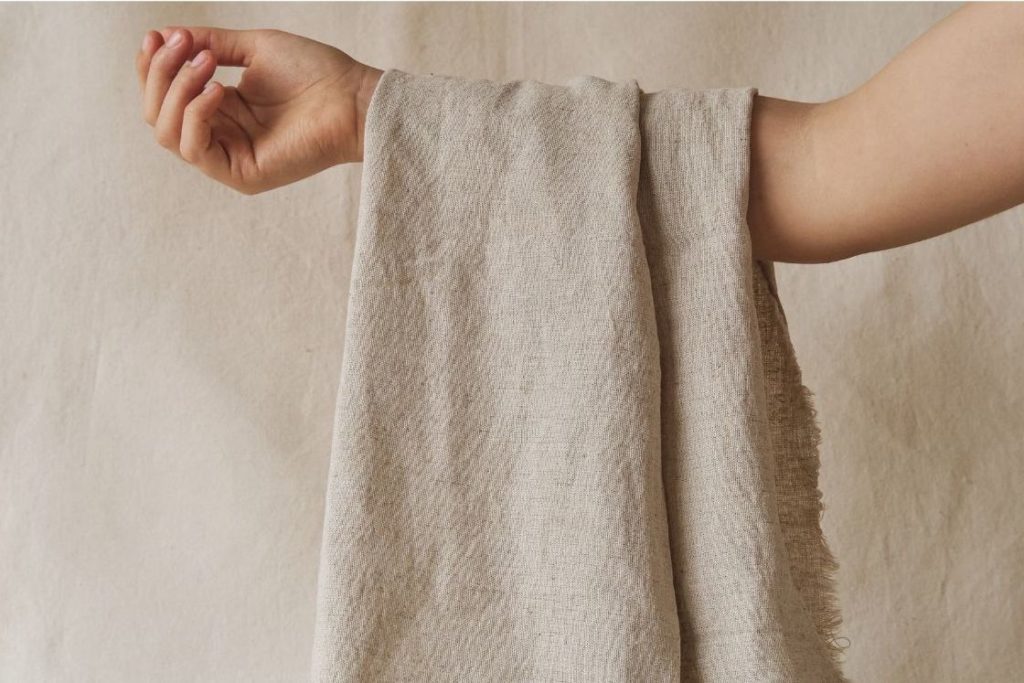At Bamboovement, we understand that clothing is more than just fabric; it is an inseparable part of our identity. As a company dedicated to inspiring people worldwide to live more sustainably, we endorse sustainable fashion's profound impact on our planet and self-expression. In this blog post, we delve into sustainable fashion's significance and environmental and social impact and provide practical ways to embrace this way of life.

Clothing is a powerful medium for self-expression, allowing us to communicate our personality, values, and cultural identity to the world. However, the fashion industry's environmental consequences are undeniable. Excessive resource consumption, waste generation, and non-degradable materials and chemicals harm our environment. Finding alternatives that allow us to express ourselves while living in harmony with nature is crucial.
Sustainable fashion offers this alternative. We emphasise the value of slow fashion, prioritising quality over quantity. Investing in pieces that last longer reduces consumption and minimises waste. Sustainable fashion empowers us to make conscious choices while expressing ourselves authentically. Moreover, it is a powerful ally in halting climate change. It promotes social change through ethical labour practices, ensuring fair wages, safe working conditions, and the protection of workers' rights. Which organically translates into a better quality of life for communities in underdeveloped countries.

If you're ready to be part of this movement, we present you with five ways to engage in sustainable fashion:
Upcycling: Transform old or unused garments into new, unique pieces by getting creative and repurposing them, extending their lifespan and reducing waste.
Thrifting and Secondhand Shopping: Give pre-loved garments a new life by shopping for secondhand clothing. Reduce textile waste and minimise the demand for new production. Explore platforms like 'By Nature', 'Vinted', 'The Labels' or visit flea markets in big cities for unique finds at wallet-friendly prices.
Clothing Rental: Rent clothes for special occasions or everyday wear, enjoying new styles without a long-term commitment. Share garments through rental platforms like 'Renttherunway' and 'CircleCloset', promoting reusability and lowering your carbon footprint.
Donating and Clothing Swaps: Donate unwanted clothing to local charities or organisations, allowing them to be reused or redistributed to those in need. Participate in clothing swaps with friends, colleagues, or community members, refreshing your wardrobe without purchasing new items.
Choosing Sustainable Materials: Opt for clothing made from eco-friendly fabrics like hemp, bamboo, recycled fibres or organic cotton. These materials require fewer resources, minimise chemical use, and have a lower environmental impact. However, you need to be aware that some of these are more sustainable than others. For instance, organic cotton requires a much higher amount of water for its manufacture than its counterparts. Supporting brands that prioritise sustainable materials drives responsible production practices.

Sustainable fashion allows us to dress in a way that reflects who we are while preserving the beauty of our planet. Let's embrace the transformative power of sustainable fashion, redefine the relationship between our clothing and identities, and create a world where fashion catalyses positive change and self-expression. Share your thoughts on these tips with us on our social media platforms. Together, we can make a difference!